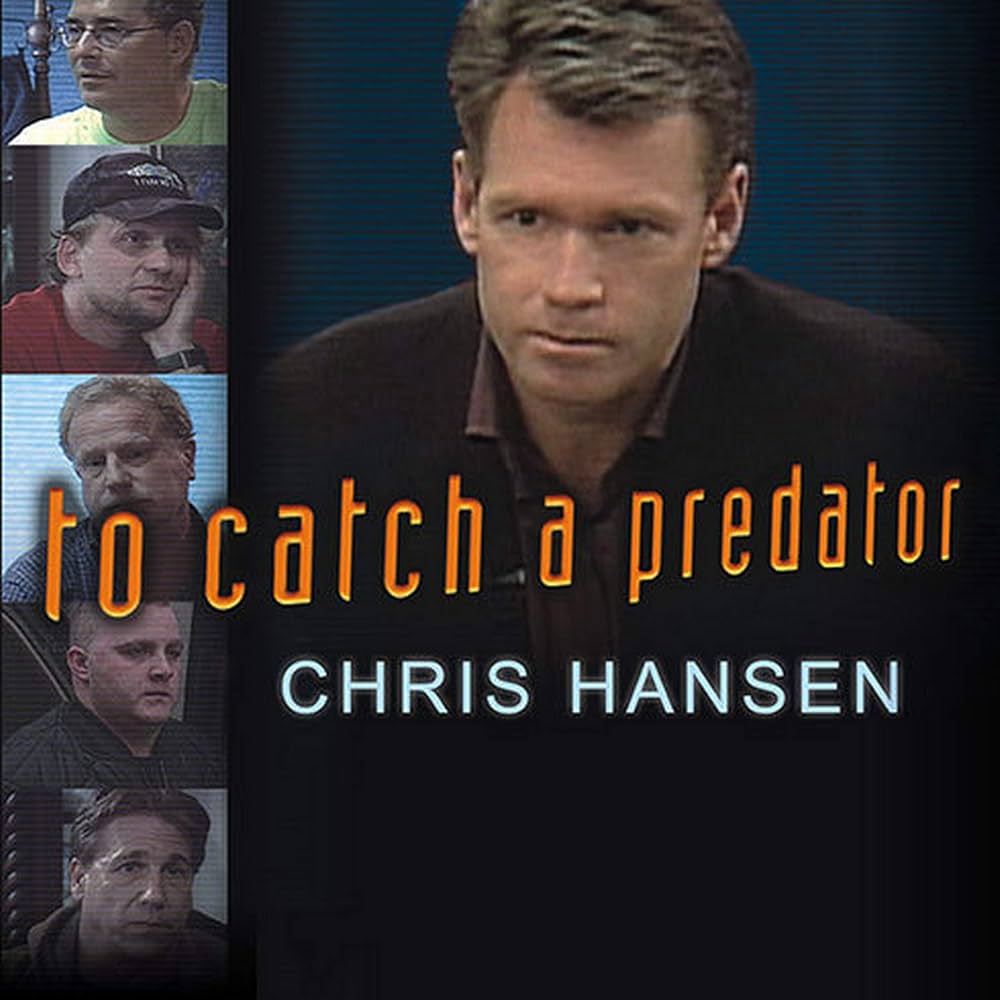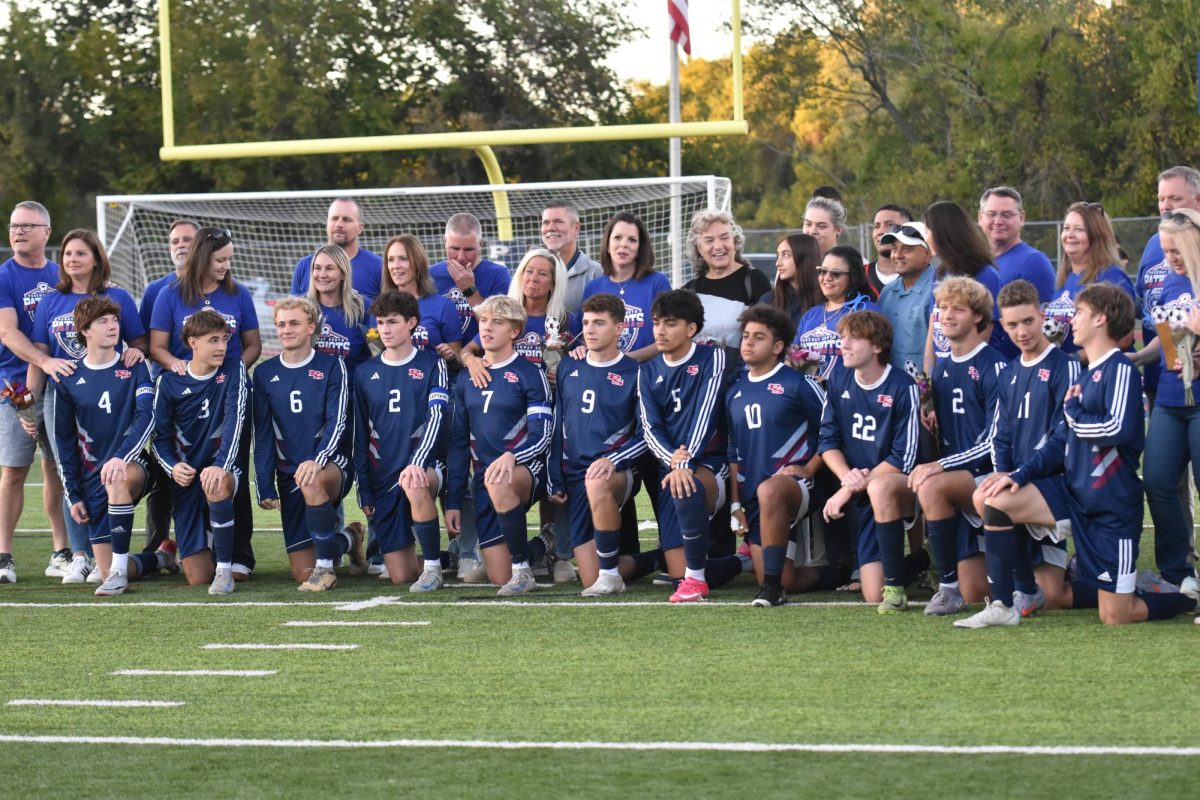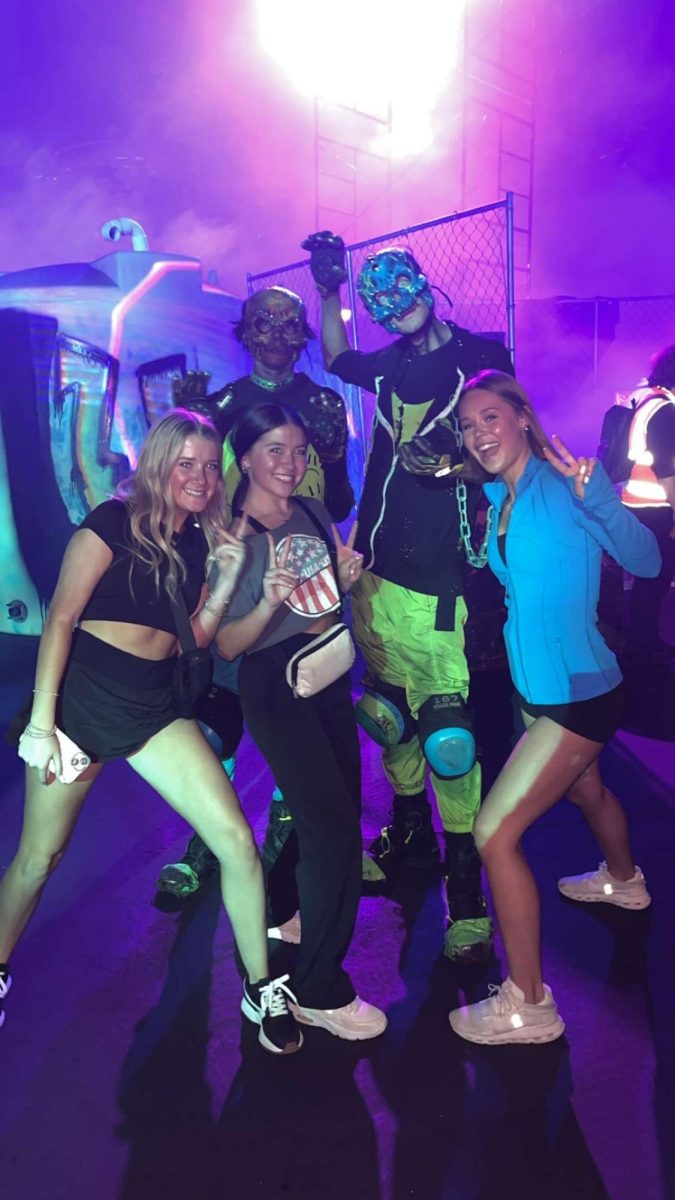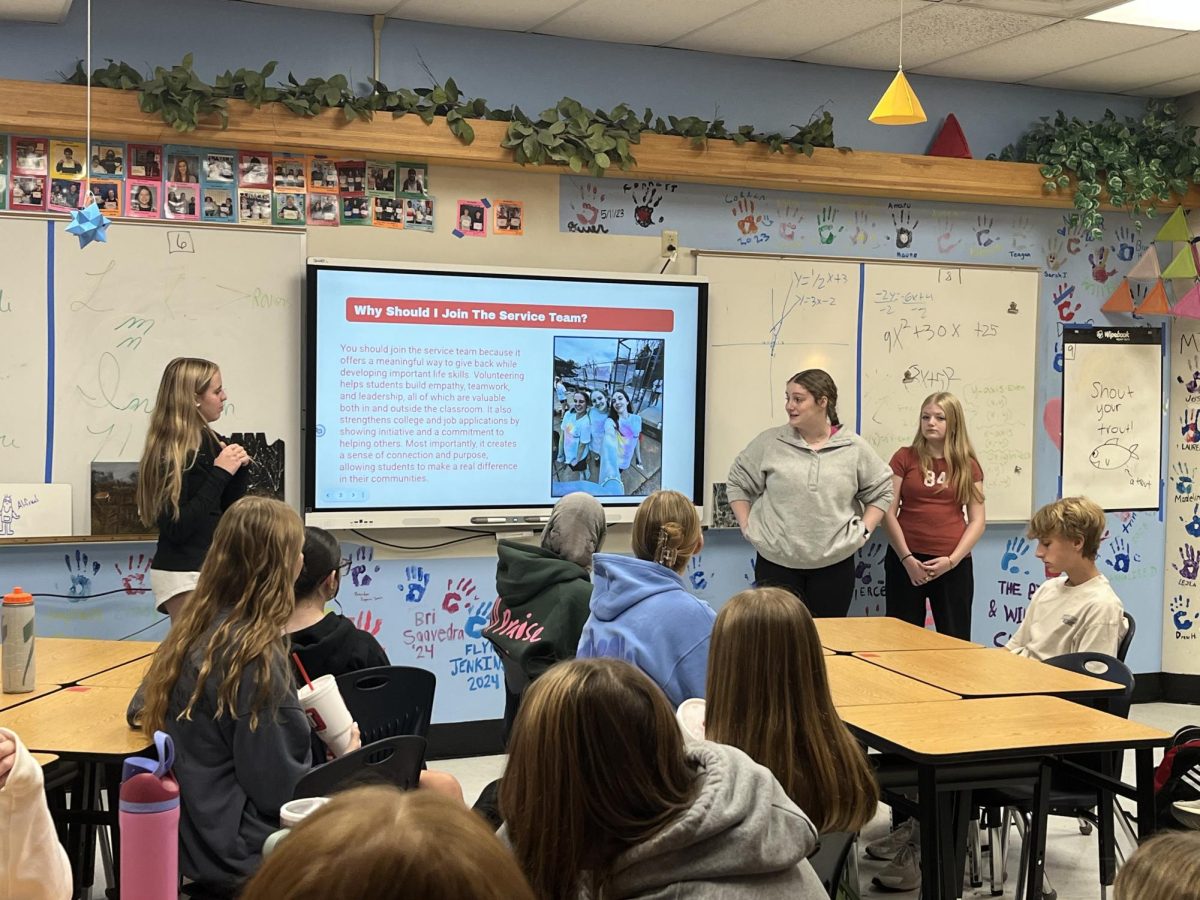Many have heard of “To Catch a Predator”–A show that mixed reality TV with real justice, where host Chris Hansen confronted alleged predators on camera. What began as a controlled television show, has now evolved into a chaotic online trend. Across Youtube, influencers are working on their own predator catching stings. Chasing views and fame–the problem? Most of them aren’t trained investigators. They film dangerous confrontations without police involvement, sometimes even faking encounters for content. Ironically, that action can actually help the predator walk free–just creating a more careful predator. It could even lead to unintended consequences for the person organizing the sting.
One of the clearest examples of how dangerous this practice can get is the story of Robert Wayne Lee. Better known online as “Boopac Shakur.” Lee became a well-known figure in the predator-catching niche. During one of his stings, he was posing as a 15-year-old girl to confront two teenagers who were allegedly trying to solicit a minor. Lee confronted them in person, without police backup. The situation escalated, and Lee was shot and killed. His death highlights the brutal truth behind these sting videos, when influencers attempt to play the role of law enforcement, the confrontation can spiral out of control in seconds. Without proper coordination or safety measures, what’s meant to expose a predator can just end in tragedy, and justice for no one.
Beyond the immediate risk of violence, influencer-led stings can actually undermine real investigations. Police in Springfield, Missouri have even given their opinions on these vigilante groups. Greene County prosecutor Dan Patterson stated- “The problem is multi-faceted. One, it puts everyone involved in danger for them to get a click. Two, there are proper ways to do it. There are trained investigators, part of the cyber crimes task force who know how to properly conduct the operation, how to conduct a sting in a way that is safe for the public, and most importantly, properly preserve the evidence,” he said.
Adding to the harm of predator catching by untrained vigilantes, there’s a KIK streamer by the name of Vitaly who has been accused of staging predator catches. According to his associate Mickey Mace, these streams were more focused on “Pranking” these predators for content. Personally, I believe these ‘catches’ seem to be faked. If they aren’t fake, they’re at the least, immoral and irresponsible. Vitaly would humiliate these alleged predators on stream, making them bark like a dog or do other humiliating tasks. Oftentimes the ‘perpetrator’ would be masked to protect his identity, and the police wouldn’t be called on them–which leads me to believe these are not actual predators, but paid actors. Additionally, if they had actually been doing these things to an unpaid actor, they would probably get arrested, especially when considering they have ample evidence of assaulting the ‘predator’ due to live-streaming it. Beating up an actual predator, even though it’s justified, would still be considered assault.
While keeping all of this in mind, it’s important to note that not every content creator is reckless or exploitative. Some, like Jidion or Schlepp, have made an effort to do things the right way, which would be involving local police, verifying evidence, and avoiding violent or chaotic confrontations. In many ways, they’re closer to emulating Chris Hansen’s original version of “To Catch A Predator”: using media to raise awareness and expose predators publicly and responsibly. When done carefully, these videos can even be therapeutic for viewers. They offer a sense of justice and closure that’s often missing in real cases. While the profit motive behind such content still raises valid ethical questions, it’s worth noting that some creators reinvest their revenue into funding future investigations.
Ultimately, online predator catching sits on a knife edge between awareness and exploitation. When done recklessly, staged for views, violent or without police involvement, it endangers both the creators and the children they claim to protect. Even making predators more careful and evading real justice. If influencers aim to make a real impact, they must prioritize legality, ethics, and the safety of all involved — only then can online predator stings live up to the ideals that inspired them in the first place.









![With her mom and sister cheering her, senior Maiyah Syed gets recognized on Senior Night for Color Guard, Oct. 10. "It felt pretty good [to be recognized]. I thought it was nice to have all my accomplishments laid out [by the announcer.] [I'm really going to miss] the evening practices and the bonding with the team over everything," Syed said.](https://psouthtreaty.com/wp-content/uploads/2025/10/emilypiccropped-Gavin-Brady-935x1200.jpg)





